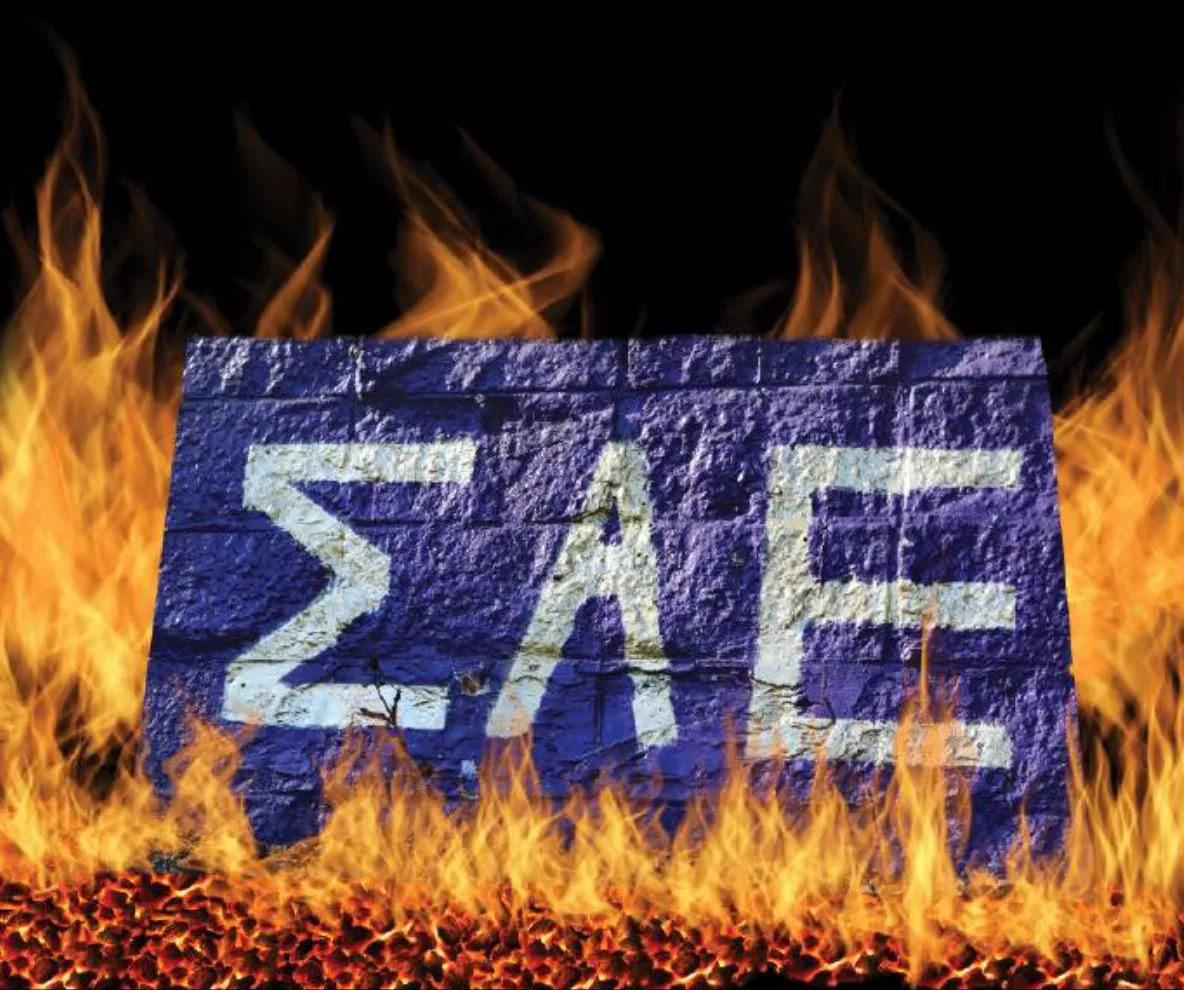Table of Contents
Stanford’s sexual harassment policy bans speech and other conduct of a sexual nature that “has the purpose or effect of unreasonably interfering with an individual’s academic or work performance or creating an intimidating or hostile academic, work or student living environment.” The legality of these policies is still debated within the legal community and is beyond the scope of this article. However, the policy raises a bigger normative question: should speech be banned because it gravely offends and intimidates people who happen to be listening to the speech?
Due to the word “or” between the words “purpose” and “effect”, speech is prohibited if it creates a hostile environment irrespective of its purpose, a condition that is dependent on an audience’s reaction to the speech This reaction is shaped by popularly accepted views of what can be said within specific contexts. For example, the SAE members’ speech at the party in May was outside the popularly accepted view of appropriate speech, sparking a negative reaction from the audience and creating a “hostile” environment.
Ideas of popularly acceptable speech are not static. Changes in these popularly accepted views lead to changes in reactions to speech that engender shifts in banned speech under Stanford’s policy, placing the parameters of appropriate speech on a path correlated with social norms.
Contentious debates over these social norms continually erupt at Stanford as they have for the last several decades. Many of these debates were temporarily resolved in favor of new social norms that stigmatize activities if they offend certain groups of people, a corollary to an era in which self-esteem is prized. This process is concerning because stigmatized beliefs help drive the range of speech that can create a “hostile environment” under Stanford’s policy.
For example, the recent debate over sexual assault policy reform has presented an increasingly popular belief that attempts to ensure a fair hearing for the accused trample on the alleged victim’s right to escape a hostile educational environment. Those who argue for due process protections are often branded as supporters of “institutional and systemic ideas that have historically protected the abusers and silenced the victims.” We see a pattern in which speech outside the bounds of social acceptability sparks a negative reaction. There is nothing inherently wrong with a negative reaction to calls for due process in sexual assault proceedings, but there is something wrong if these negative reactions can be used by Stanford to prohibit speech due to its effect on the listener. Standards of what causes offense inevitably change, but Stanford’s protection of offensive speech should remain ironclad.
SAE lost its house due to offensive statements from some of its members. It is natural to want to punish SAE for the things its members said. However, a policy that regulates speech based on its effect on the listener and creation of “hostile environments” has no place at Stanford. Prohibiting speech if it is “unacceptable” or if it makes people feel uncomfortable creates a dangerous backdoor for undermining the free speech protections that are essential for a free society and our school should have no part in their destruction.





